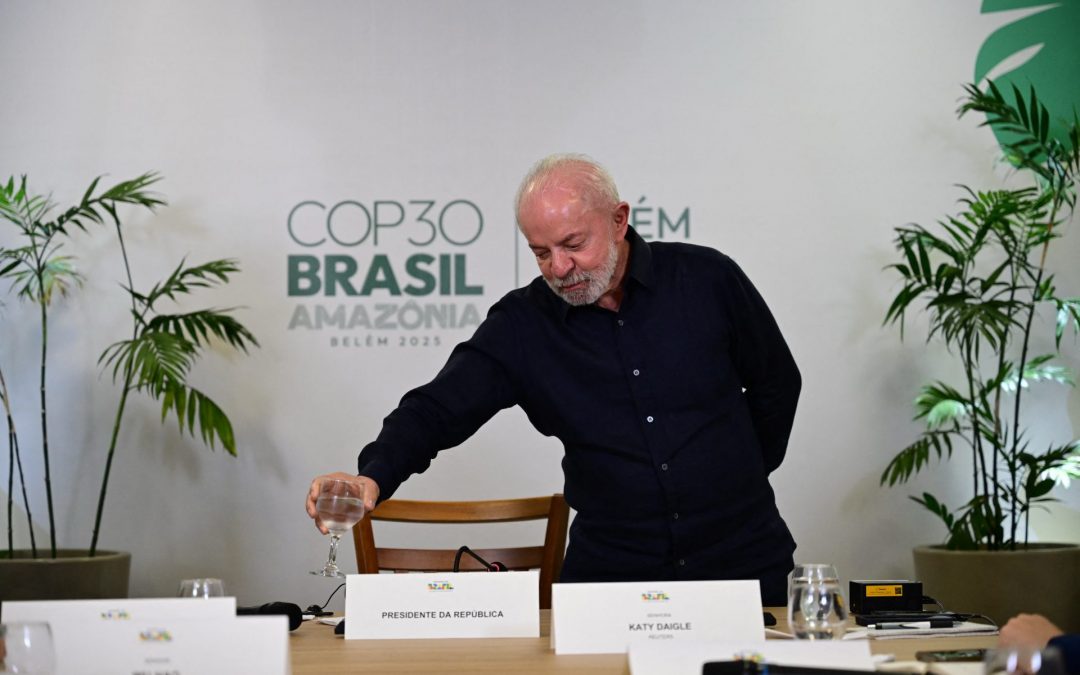Brussels – The Twenty-Seven have avoided a diplomatic disaster: Europe will not arrive empty-handed at COP30 in Belem and will be able to showcase its “leadership”.
On paper, the EU maintains its ambitious goal of reducing greenhouse gas emissions by 90% by 2040 compared to 1990 – it was at minus 37% in 2023.
But the tough negotiations throughout the night in Brussels have undermined this façade goal.
In order to convince Italy, the Twenty-Seven approved a much greater flexibility than what the Commission wanted.
To achieve this 90% reduction, Europeans will be able to acquire 5% of international carbon credits that would finance projects outside of Europe, a mechanism criticized by environmental organizations.
Furthermore, the Twenty-Seven supported a one-year delay, from 2027 to 2028, in the extension of the carbon market to road transport and building heating, a demand from Hungary and Poland, but a heavy blow for the countries most committed to climate action, particularly the Scandinavians. (November 5, 2025)
 go to the original language article
go to the original language article
